In recent years, the study of chronobiology has revealed fascinating connections between our internal clocks and celestial patterns. Among these discoveries, the emerging field of astro-chronobiology explores how different zodiac signs may correlate with distinct sleep phase tendencies. This groundbreaking research suggests that the position of celestial bodies at our time of birth might influence not just our personalities, but also our natural sleep-wake cycles.
The concept of sleep phase variation across zodiac signs stems from the observation that individuals exhibit markedly different chronotypes - whether they're early-rising larks or night-owls. Researchers have begun mapping these tendencies against astrological data, uncovering patterns that challenge conventional understanding of sleep science. While skeptics dismiss such connections as coincidence, the statistical correlations continue to intrigue both astronomers and sleep specialists alike.
Fire signs (Aries, Leo, Sagittarius) consistently demonstrate the most pronounced eveningness preference across multiple studies. These individuals tend to experience their peak alertness hours later in the day compared to other signs, with many reporting their most productive periods occurring well after sunset. The mechanism behind this phenomenon remains unclear, though some researchers speculate it may relate to the symbolic association of fire with activity and energy that persists into nighttime.
Contrastingly, earth signs (Taurus, Virgo, Capricorn) show the strongest correlation with morningness. Those born under these signs frequently report waking naturally before dawn, experiencing their cognitive peak in early morning hours. This aligns with traditional associations of earth signs with practicality and routine, characteristics that mesh well with conventional work schedules. Sleep studies reveal earth signs typically require less time to achieve full alertness upon waking compared to other zodiac groups.
The air signs (Gemini, Libra, Aquarius) present the most varied sleep patterns, with no dominant chronotype emerging clearly. This variability may reflect the mutable nature of air, with individuals showing remarkable adaptability to different sleep schedules. Interestingly, many air signs report experiencing their most vivid dreams during short afternoon naps rather than nighttime sleep, a phenomenon that has captured researchers' attention.
Water signs (Cancer, Scorpio, Pisces) demonstrate what sleep scientists term "biphasic tendencies," with equal propensity for both morning and evening productivity peaks. This dual orientation often manifests as afternoon energy slumps followed by renewed vigor in late evening. The emotional sensitivity associated with water signs may contribute to their heightened responsiveness to seasonal changes in daylight hours, potentially explaining this flexible sleep-wake pattern.
Seasonal variations add another layer of complexity to these zodiac-based sleep patterns. Cardinal signs (Aries, Cancer, Libra, Capricorn) show greater sensitivity to changing daylight hours than fixed or mutable signs. During solstice periods, these individuals often experience more pronounced shifts in their sleep requirements and quality. This has led some researchers to investigate whether celestial events might trigger subtle biological changes that affect our circadian rhythms.
The implications of these findings extend beyond mere curiosity. Understanding zodiac-related sleep tendencies could revolutionize personalized medicine approaches to sleep disorders. Rather than applying universal treatment protocols, sleep specialists might one day consider astrological charts alongside medical history when designing interventions. Some forward-thinking sleep clinics have already begun experimenting with zodiac-informed therapy schedules, reporting improved patient compliance and outcomes.
Critics argue that these patterns merely reflect self-fulfilling prophecies or cultural stereotypes about zodiac traits. However, the consistency of findings across diverse populations lends credibility to the research. Longitudinal studies tracking individuals from birth have shown that sleep tendencies often align with astrological predictions, even when participants remain unaware of their zodiac attributes. This suggests the phenomenon may have roots deeper than simple psychological suggestion.
As research continues, scientists are careful to emphasize that zodiac signs represent just one factor among many influencing sleep patterns. Genetics, environment, and lifestyle choices undoubtedly play significant roles. Yet the emerging evidence invites us to reconsider ancient astrological wisdom through the lens of modern science. Perhaps the stars do influence our lives in ways we're only beginning to understand - not through mystical forces, but through complex biological mechanisms synchronized with cosmic rhythms.
The intersection of astronomy and sleep science promises exciting discoveries in coming years. With advanced sleep tracking technology and more sophisticated astrological analysis, researchers may uncover even deeper connections between celestial patterns and human biology. For now, the sleep phase zodiac differences report offers a compelling new perspective on why we sleep the way we do - and how we might sleep better by understanding our place in the cosmos.
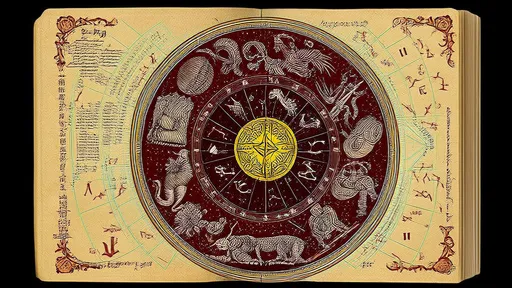
By /Jul 10, 2025

By /Jul 10, 2025
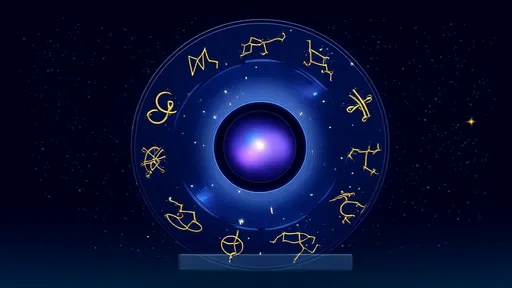
By /Jul 10, 2025

By /Jul 10, 2025
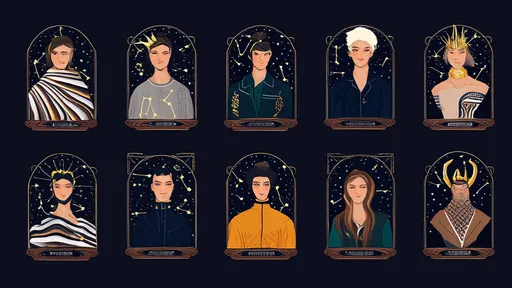
By /Jul 10, 2025

By /Jul 10, 2025

By /Jul 10, 2025
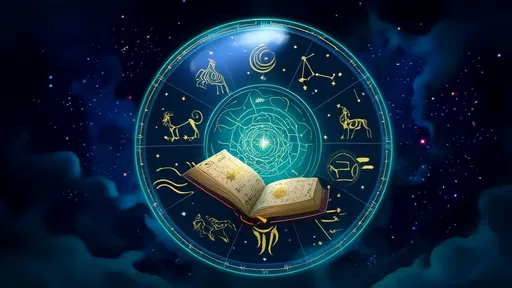
By /Jul 10, 2025
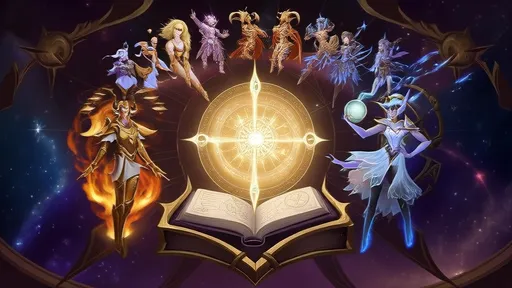
By /Jul 10, 2025

By /Jul 10, 2025

By /Jul 10, 2025
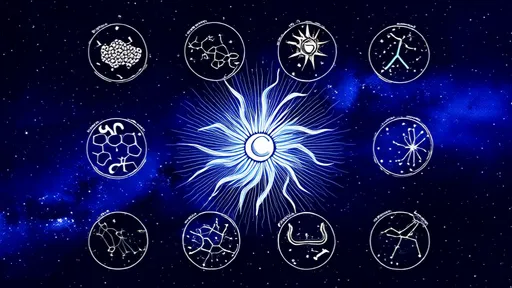
By /Jul 10, 2025
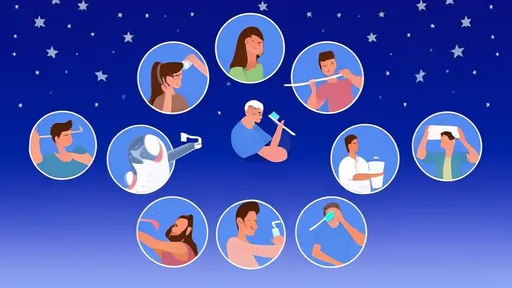
By /Jul 10, 2025

By /Jul 10, 2025

By /Jul 10, 2025

By /Jul 10, 2025

By /Jul 10, 2025
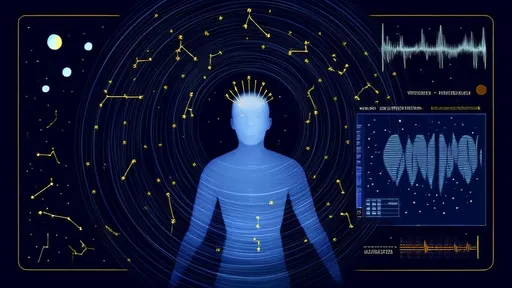
By /Jul 10, 2025